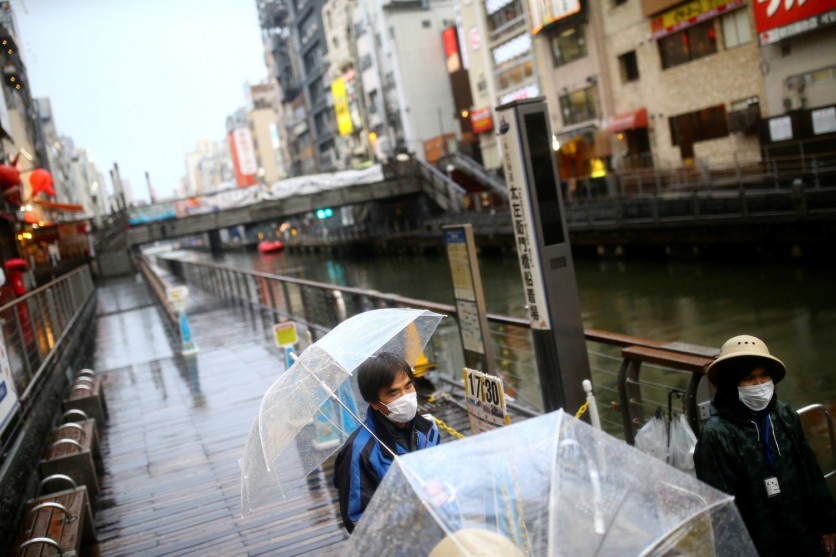
Japan continues to be at the foreground of technology as it now uses artificial intelligence in port management.
Every year, large cargo ships transport billions of tonnes worth of goods around the world, making them a significant part of the global supply chains. Thus, Fujitsu thinks artificial intelligence can help.
Between December 2019 and March 2020, computer and electronics manufacturer Fujitsu and the Japan Coast Guard launched a trial and successfully confirmed the effectiveness of A.I., in preventing collisions between vessels. The trial done in Japan Maritime Traffic Control has offered navigation support services under an outsourcing contract with the Japan Coast Guard.
Using Fujitsu's Zinrai AI system, they can detect near-misses between ships and predict areas with high collision risk in the Tokyo Bay area. The company added this technology to Vessel Traffic Services systems, which are used by port control authorities. Thus, they can now better manage the movement of ships through the port.
Zinrai was first introduced in the annual ISC Conference in Frankfurt, Germany, in June 2019. It is powered by Fujitsu's Deep Learning Unit (DLU). Zinrai aids turbocharge solutions by delivering 10 times the performance per watt of alternative approaches. The DLU achieves this by significantly reducing the time it takes to train and test A.I. models. It enables inferences that can help accelerate business processes.
READ ALSO : Chinese Lab Coronavirus Theory: Virus Intentionally Created But Accidentally Released Says Report
How A.I. make ports safer?
With this technology, Fujitsu claims that port operators can identify potential collisions two minutes faster than conventional monitoring systems. Moreover, the system increases maritime safety by enabling a more accurate and consistent operation regardless of the controllers' experience. The AI-powered system also issued nearly twice the number of warnings to shipping captains on risk-prone vessels.
According to Japanese port authorities, over 280 maritime collisions are recorded every year. All these have affected the supply chains, crew safety, and the environment.
Minimizing maritime collisions and port management, in general, are not easy, but Fujitsu's system seems like taking a step in the right direction.
"The field trial has demonstrated that Fujitsu's collision risk prediction technology is effective in assisting operation controllers," said Maritime Traffic Department Japan Coast Guard in a statement.
"We will verify more complex traffic conditions and improve the accuracy of the technology, as we plan to implement the development," says Japanese port authorities who plan to continue to develop and implement this technology.
In February, a Chinese freight vessel, Guo Xing 1 sank in Aomori Prefecture waters in Northeast Honshu in the Pacific after colliding with a local fishing boat. The ship was loaded with scrap and bound for Korea immediately sank after the incident.
One crew was rescued while the 13 others went missing. The vessel left Hachinohe Port, Aomori, on the morning of Feb 29.
Meanwhile, starting in April 2020, Fujitsu will boost its business in safe navigation support, promoting this technology in marine traffic control. It also offers safe navigation support services for marine traffic control and operating vessels.
With this technology, collisions and other accidents in waters will be prevented, and lives will be saved.
ⓒ 2025 TECHTIMES.com All rights reserved. Do not reproduce without permission.




